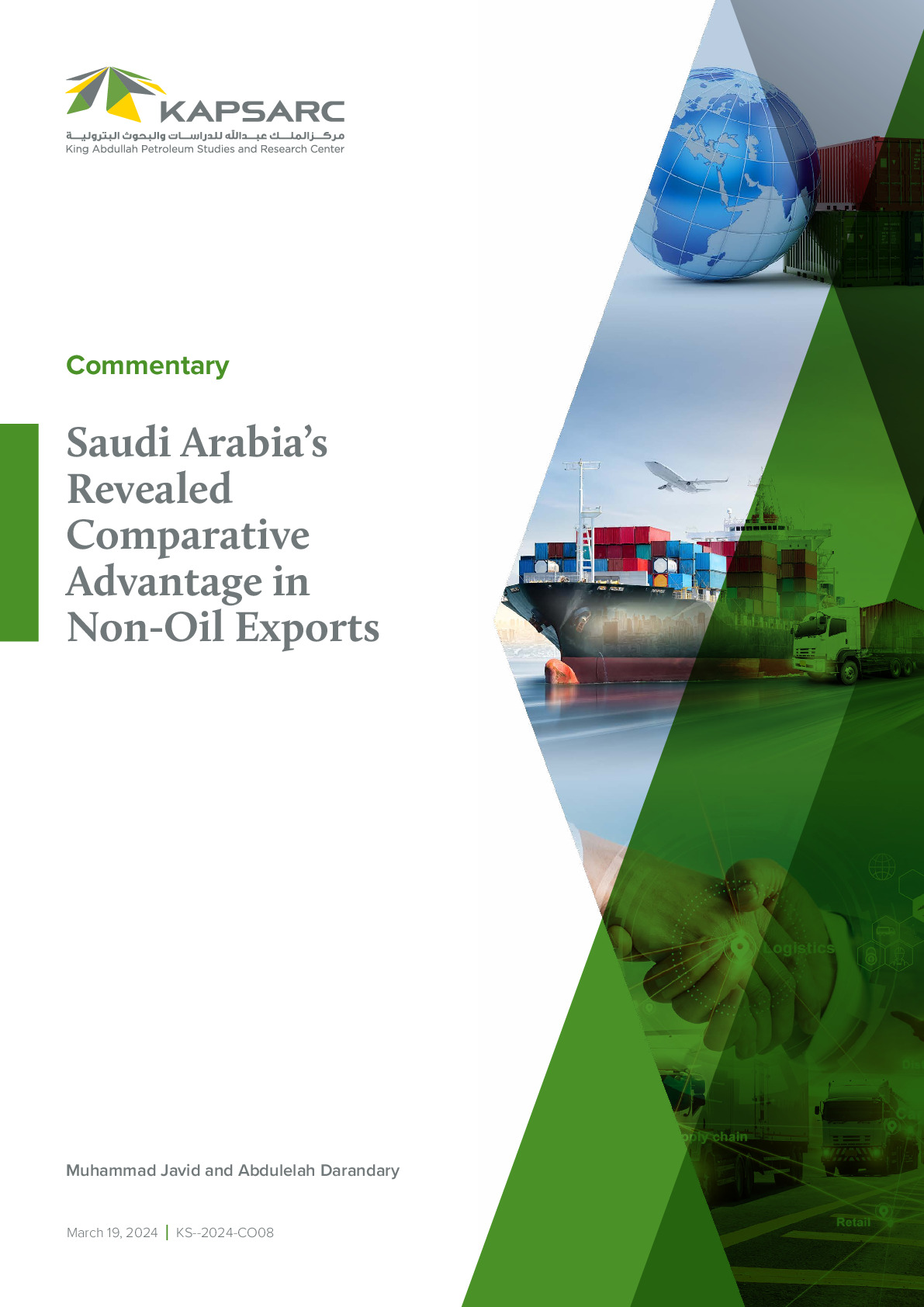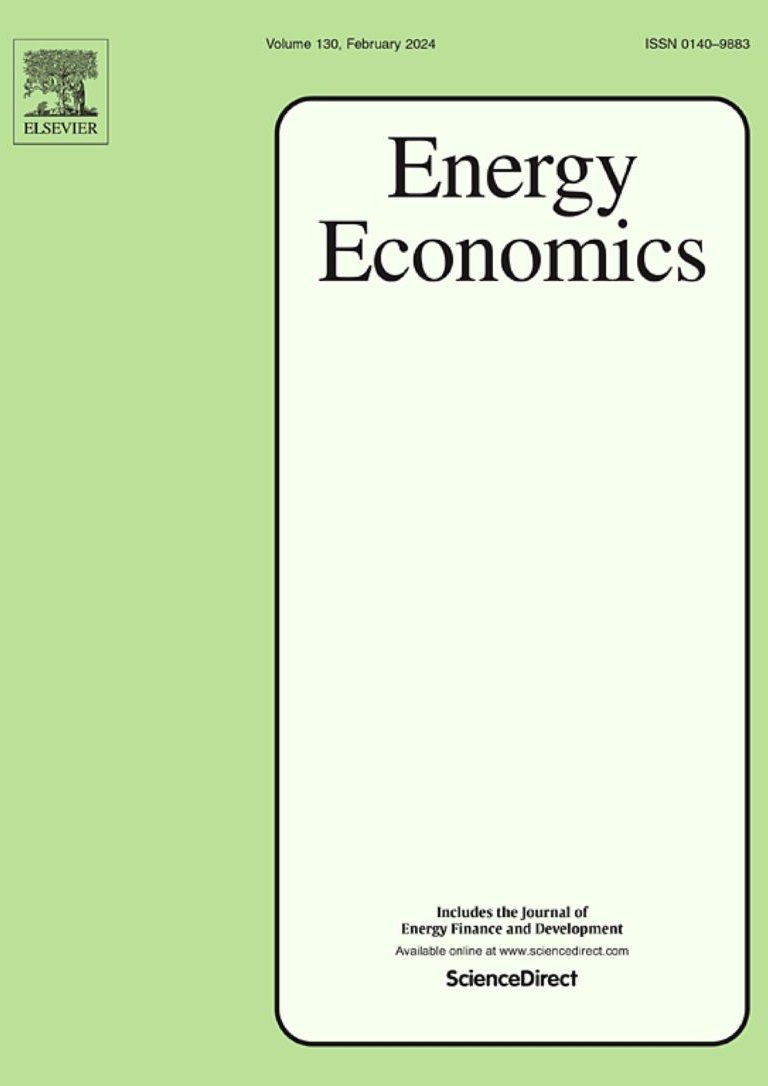The last decade has brought a row of substantial changes that have profound implications for the hydrocarbon resource-rich economies. The general answer to a changing environment is: Adapt! From the macroeconomic perspective, this means diversifying the economy to broaden the income base and reduce the dependence on oil revenues. This discussion paper examines the preferred diversification paths for the Saudi economy, with a focus on the foreseen adjustments in the sectoral composition along with broader macroeconomic shifts. The evaluation of the expected diversification impacts is based on the updated Vision 2030 Input-Output Table that maps the changing economic structure over the coming decade. The advances in economic diversification are measured by applying the Shannon-Weaver index to sectoral GDP and household income. We also conduct a sensitivity analysis to examine the effects of the foreseen diversification on the resilience of the Saudi economy to external shocks.

David Havrlant
David was a research fellow who contributed a better understanding of the current and future economic environment of a changing… David was a research fellow who contributed a better understanding of the current and future economic environment of a changing region. He was mainly interested in the development of models for policy analysis and forecasting. At the same time, he was involved in projects related to the Vision 2030 program, focusing on the economic transformation and diversification of the Saudi economy. Prior to joining KAPSARC, David worked at the European Commission, European Central Bank, Moody's Analytics and the Czech National Bank. In these institutions, he participated in economic policy analysis, forecasting and research. He also served as a consultant to central banks in the CEE region, managing a variety of economic modeling projects. David led courses in econometrics and operations research during his Ph.D. studies.




